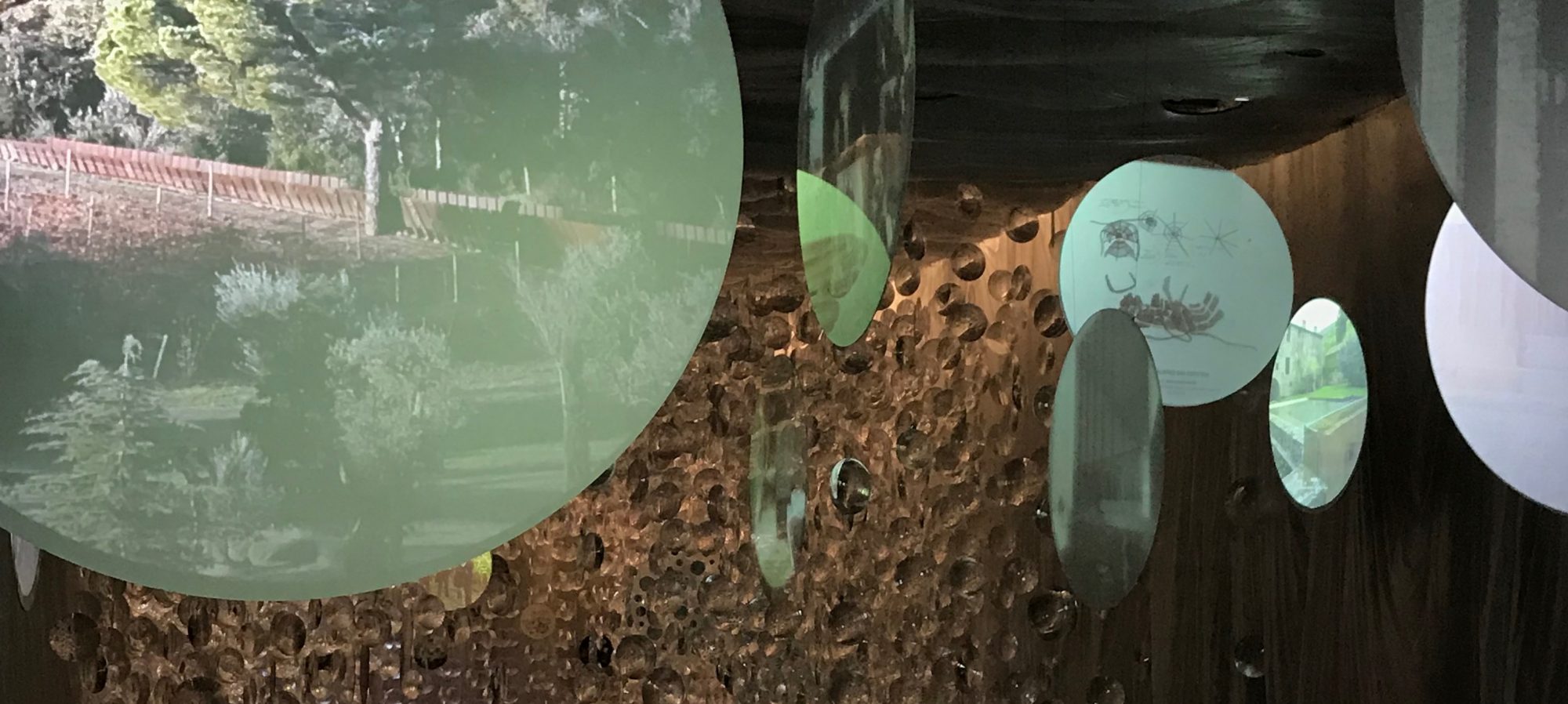I got a few responses to the blog last week about architecture schools so I thought I would write a bit more about it. After last week’s blog it made me think about the kind’s of subjects I would like to see in architecture schools.
The broken compact
When we start to think about what should be taught in Archi-Schools is it still worth thinking about or muttering that age-old question that still seems to get exclaimed by a particular class of architects: “Why don’t they teach them anything useful in Architecture School?” As some of you may know, from reading last week’s in the gutter blog—and a few people did pull me up for using the word twerking– my view about the demise of architecture schools is related to a particular managerialism that has broken the compact between the architecture school’s as communities of practice and architectural practitioners. It’s all about the KPIs these days student income, research funding and research metrics.
Someone said to me that in their architecture school, the managers—who used to be architectural academics until their souls were sucked out—send out emails to everyone saying here are your KPIs; and they just the same KPIs that have been thrown down to them from on high.
The Architecture School as a Community of Practice
When I was at architectural school, 5,000 million years ago, there were no KPIs, and we were told it didn’t matter how long we took to be at architecture school as long as we left the school having learnt something. I took the ten-year option (the original course was 3 years plus 3 years part-time) someone else I know took the 12-year option. Most took the 8-year option. Nowadays it’s just a quick 5 years.
It was all about developing a unique culture of practice unique to the social milieu and place that the school was situated in. It was about creating and developing a school of architecture; a culture with its own norms, rituals, debates, conversations and narratives of practice. Admittedly the culture that was developed around the school I went to (no prizes for guessing which one) had its own petty rivalries, brutalities, misogynies and power asymmetries. But the outcome was a local architectural culture, centred on a school, that made a contribution to Australian architecture. And yes please: it would be great to critique the darker histories associated with that culture, beyond the hero worship or the slavishness to the “concept,” and examine its various histories in terms of the winners and losers (all the winners seem to have done is plaster the city in green chewing gum, weird hexagons and secret masculinist symbols). But at least it was a culture that could, and can be, be critiqued and was not some banal machine for producing mediocre ideas about our cities for the consumption of architects and clients who don’t want to feel guilty~guilt that will only increase as things keep going as they are (hey, hit me up with another ‘urban futures’ exciting smart city conference).
One arena of thought about architectural education is to think about it in terms of higher level policy issues around the regulation and compliance of the profession. That is a question that always leads to a narrative around the role of the ACCA and the competency standards. Fair enough and perhaps we do need different measures and perhaps we should ask how do we police the providers? Another discussion is emerging around what architects can learn in the pathway years between graduation and architectural registration. Perhaps the pathway should be more structured? Then you can also end up thinking about the scarcity of in-house graduate programmes in practices across the profession (more on that next week maybe).
Syllabus Innovation
But the other area is curriculum and syllabus innovation. Academics, as well as sessional practitioners, are really good at this kind of stuff. Now for some schools developing new subjects just burns up resources and the standard line from many university managers is “why would you do that?” I remember once when a university manager said: “why would you do that” when we suggested maybe we could have a bit of cheese and dips at student function to explain a course. Why change or reform anything? Ok, so I thought rather than getting all bitter and twisted about the dips, I thought I would have a bit of fun and think about the sorts of subjects I would like to see at an architecture school.
A few studio ideas you won’t see in your architecture school:
Intersectional Spaces and Urbanism
It’s incredible to me that no one has actually bothered to look at queer spaces and histories in relation to Urban Space in our cities. A city where queer voices are heard and have power through urbanism. That’s an entirely different and inclusive power dynamic.
Abject Algorithms
I know this sounds contrary. All those parametric facades tricked up by architects working with so-called specialist engineers and facadey experts look, how shall we say it, oh so sanitised. Algorithmic wet wipes on the modular facades to assuage our carbon emissions guilt. I am pretty interested in how we can deconstruct all of that and look at facades and parametric patterns as conduits of waste matter and the execrable. How did the algorithm become he captive of the shiny luxury good designers? Is it possible to fashion a new politics of form out of the arrogance of star-architect facade algorithms?
Studio Extinction.
I am quite fond of the Extinction Rebellion group. Need I say more, and so I guess I am wondering how architecture is going to respond to the degradation of the earth.

Outsider Housing
Slums, informal settlements, homeless, squatters, temporary structures, migrant housing, nomad housing meets Ferdinand Cheval and Nek Chand. First nations and frontier housing. The new frontiers being where the trees are being slashed. Of course, I have to get a little dig in and say: When I hear the words affordable housing I usually want to vomit. (maybe someone can do a graph charting “affordable” housing research vs. generational mortgage capabilities).

Some Subjects you won’t see at your nearby Architecture School:
Design Leadership
Negotiations, theories of leadership, teams and teamwork. How gendered stereotypes of leadership operate. There is a humungous amount of research around leadership, teams and organisations in the social sciences. Architects should maybe try: just a little bit, and engage with this.

Construction Detailing
This could be such a fun subject. I am thinking water, I am thinking flashings, I am thinking gutters, automotive gaskets, fixings and joints of all kinds. a kind of erotica and poetics of co at ruction details. Who actually knows what Construction Detailing is any more? A subject dealing with the dark and almost lost art of construction details would be great. Imagine having a BIM apparatchik in your office who ACTUALLY knew how to detail.
Consulting for architects
I am kind of thinking something like talking strategic design, and design thinking meets Mckinsey, Bain, BCG and the what was DEGW. The subject would introduce students to the smoke and mirrors hype, knowledge instruments and templates of the management consultants. We architects should be able to develop our own regimes; why should all the consultants get all of the fun. And the money.

Strategic IT and Architecture
Yep, and I am not talking about just learning those dull software programs. Strategic IT management, Innovation theory, Data Analytics. I mean how do you manage software and think critically about it when you are making software decisions. How do you handle data, how do you collect data, how will architects do data analytics (could be a separate subject) in the future. What are the cycles and loops of innovation in the techno-sphere that architects should learn about? Oh fuck, it would be a subject where architects think about technology, you know like strategically, rather than just lapping it up like it’s some kind of addictive drug.
Of course, I am also thinking of a few seemingly kooky history and theory subjects. But I will keep those ideas up my sleeve as I don’t want to give too much away at the moment. Syllabus Innovation isn’t a bad way to think about our Archi-schools schools: from the bottom up rather than from the KPI top down. The problem with the latter approach is that subject delivery always becomes more important than subject content. I can’t wait to be told my online lectures have low production values.

